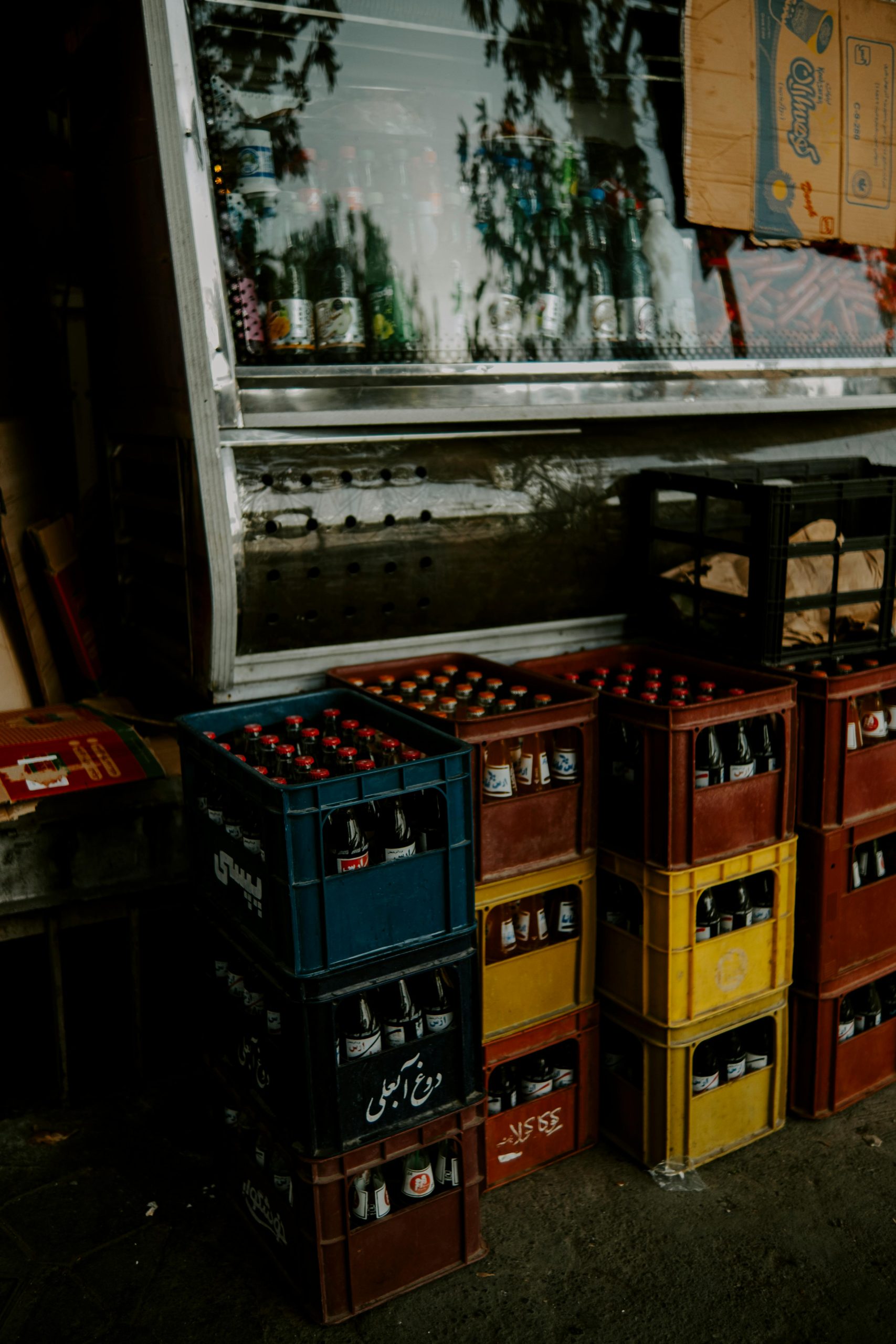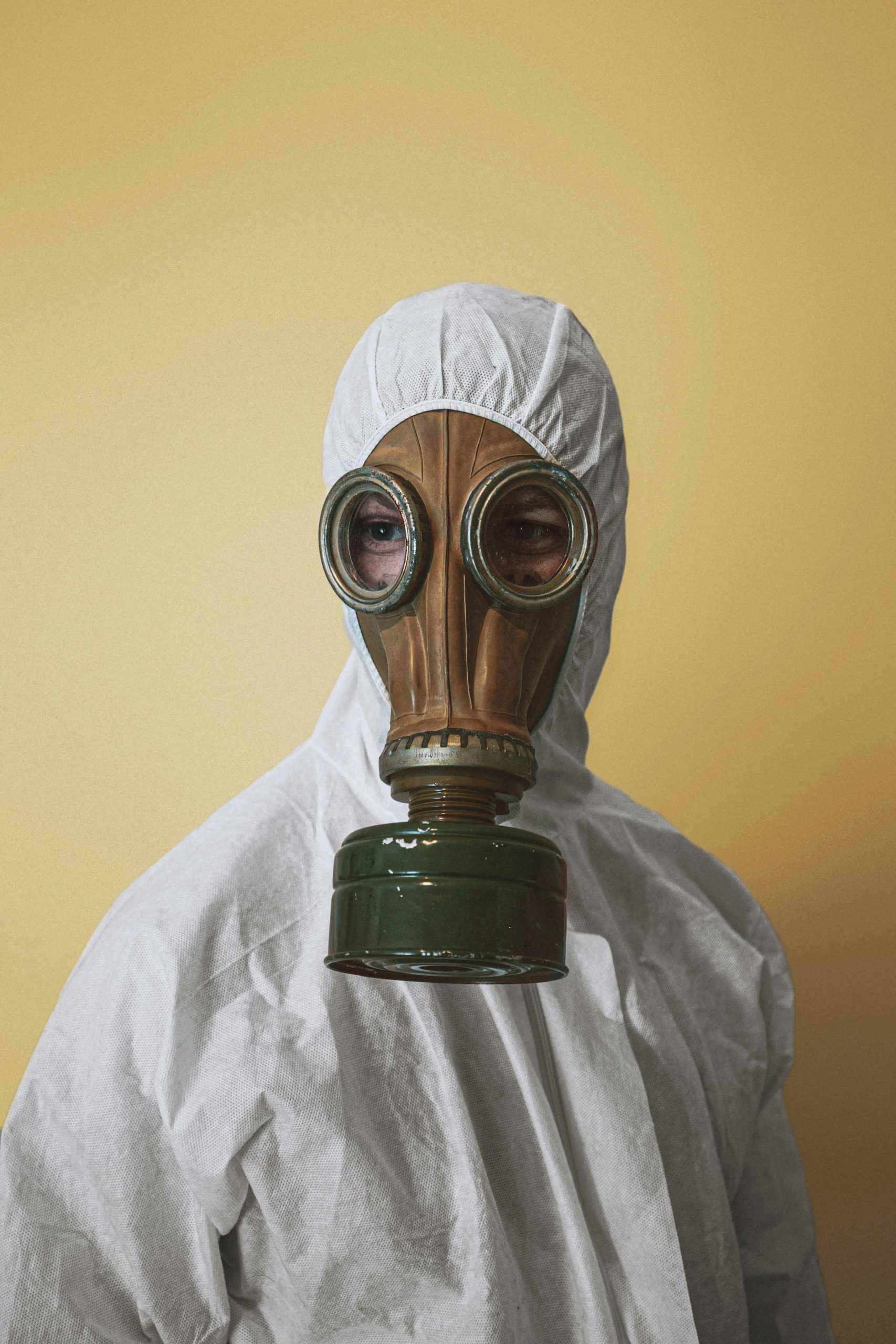We trust that the bottled beverages we buy—from water and juices to sodas and teas—are safe to drink. Regulatory bodies and manufacturers have systems in place to ensure this. However, mistakes in the complex journey from production to bottling to store shelf can and do happen. When a potential health risk is identified, a recall is issued to remove the product from the market. Understanding the common reasons for these recalls can help consumers be more aware of potential food safety issues. Here are nine common reasons why bottled beverages might face a recall.

1. Undeclared Allergens
This is a major reason for recalls across all food categories, including beverages. A product might contain a major allergen like milk (in a creamy drink), soy, or certain types of nuts (in almond milk, for example) that is not listed on the label. This can occur due to incorrect packaging or cross-contamination on a shared production line. For individuals with severe allergies, this is a life-threatening risk.
2. Microbial Contamination (Bacteria)
Bottled beverages can become contaminated with harmful bacteria. This could be due to a contaminated water source, improperly sanitized equipment, or issues during the bottling process. Bacteria like E. coli have been found in bottled water. Other pathogens, like Salmonella or Listeria, could potentially contaminate juice or dairy-based drinks. This type of contamination can cause serious illness.
3. Contamination with Foreign Materials
A recall may be issued if there is a risk that small foreign objects have contaminated the beverage. These could be small pieces of glass from a broken bottle on the line, metal fragments from faulty machinery, or pieces of plastic. These materials pose a significant safety hazard, with the potential to cause choking or internal injury.
4. Chemical Contamination

Beverages can sometimes be contaminated with harmful chemicals. This could happen if cleaning solutions are not properly rinsed from the equipment. It might also occur if lubricants or other industrial chemicals accidentally come into contact with the product. Another source could be excessive levels of a specific mineral or compound, like manganese, which has been a cause for some bottled water recalls.
5. Mislabeled or Incorrect Packaging
A simple packaging error can trigger a widespread recall. This occurs when a beverage is accidentally placed in the wrong bottle or has the incorrect label applied. The most serious risk of this is undeclared ingredients or allergens. For example, a sugary, full-calorie soda might be accidentally packaged as its diet counterpart, posing a risk to diabetics and other consumers monitoring sugar intake.
6. Spoilage Due to Packaging Defects
The integrity of the bottle and cap is crucial for preserving the beverage. If there is a defect in the bottle’s seal or the cap doesn’t close properly, it can allow air and microorganisms to enter. This can lead to premature spoilage, fermentation, or bacterial growth, even before the printed expiration date. A recall would be issued if a batch is found to have such packaging defects.
7. Unapproved or Undeclared Additives
A beverage might be recalled if it is found to contain a color additive, preservative, or flavoring that is not approved for use by the FDA or not declared on the ingredient list. An example could be certain food dyes linked to health concerns being found in a product where they are not permitted or listed. This is a form of misbranding with potential health implications.
8. Issues with Carbonation (Over- or Under-Carbonation)
For carbonated beverages, such as sodas or sparkling water, issues with the carbonation process can lead to a recall. Over-carbonation can cause bottles or cans to swell and potentially burst, posing a risk of injury. Severe under-carbonation can be considered a major quality defect, and a company might voluntarily recall a batch that doesn’t meet its standards, even if it’s not a direct safety issue.
9. Off-Taste or Odor Indicating Spoilage
Sometimes, a recall is initiated after the company receives numerous consumer complaints about a product having an unusual taste or smell. This can be an indicator of spoilage, contamination, or an error in the formula. To protect brand reputation and out of an abundance of caution, a company will often recall the affected batches while it investigates the source of the problem.
Staying Informed is Key to Safety
Beverage recalls are a critical safety measure that protects consumers from potential harm. They highlight the complexities and potential failure points in our modern food production system. While companies and regulators work to prevent these issues, consumers can play a role by staying informed. You can check for active recall notices on government websites like FDA.gov. Always inspect beverage packaging for any signs of damage or tampering. If a drink looks, smells, or tastes off, it’s safest to discard it.
Have you ever had a bottled beverage that was part of a recall? How do you stay informed about food and beverage safety alerts? Share your tips and experiences below!
Read More
9 Common Reasons Why Everyday Snacks Face National Recalls
Dr. Pepper Recall: Mislabeled Cans Could Pose Serious Health Risks
The post 9 Common Reasons Why Bottled Beverages Face Recalls appeared first on Grocery Coupon Guide.







